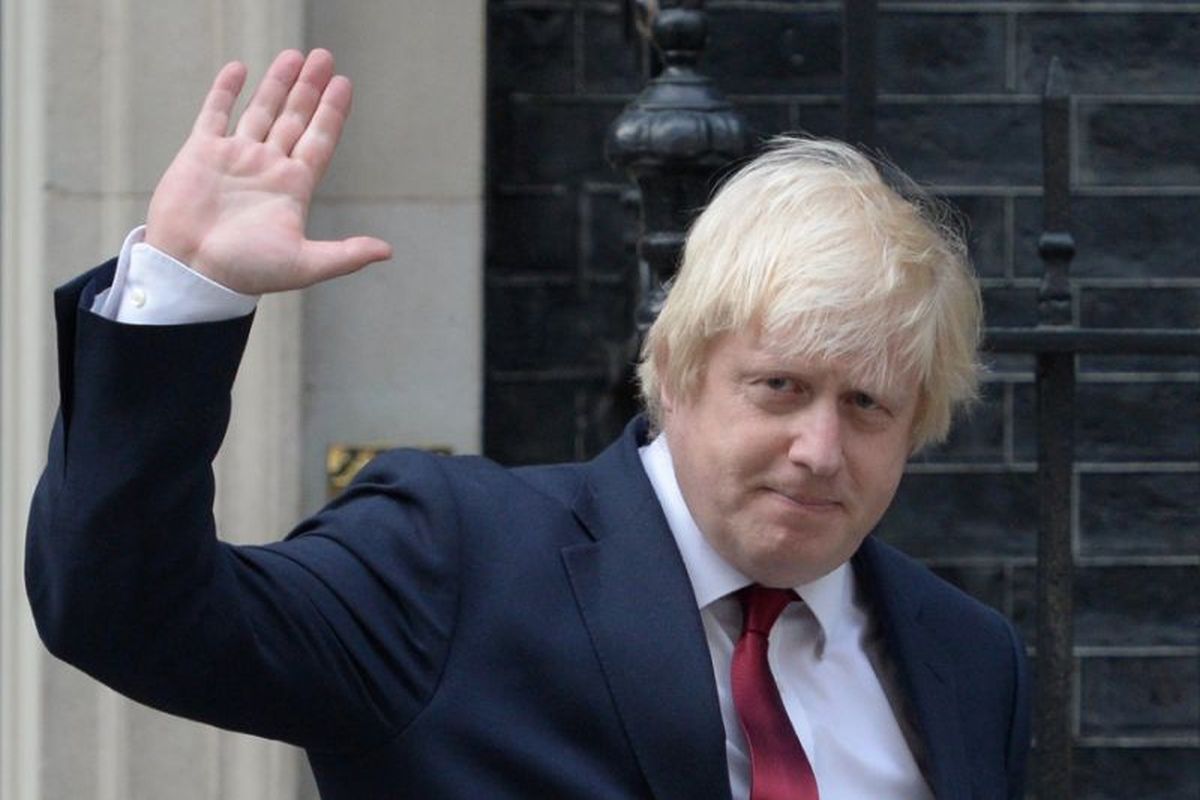Brandishing a kipper at a packed campaign event, Boris Johnson railed against EU red tape he said was punishing the producer of the smoked fish, only to be accused by Brussels on Thursday of “fake news”.
The frontrunner to become Britain’s next prime minister used the kipper to emphasise why his country should leave the European Union as soon as possible.
Advertisement
Addressing members of his ruling Conservative party at a London rally on Wednesday, he said the fish came from “a kipper smoker in the Isle of Man who is utterly furious”.
“Because after decades of sending kippers like this through the post, he has had his costs massively increased by Brussels bureaucrats, who have insisted that each kipper must be accompanied by this — a plastic ice pillow,” he said, holding that up too.
But Anca Paduraru, the EU Commission’s spokeswoman for food safety and health, rejected this at a Brussels briefing on Thursday.
While the producer had a duty to meet food safety requirements, she said “the sale of products from the food business to the final consumer is not covered by EU legislation on hygiene”.
She added: “There are strict rules when it comes to fresh fish but these kinds of rules don’t apply to processed fishery products — I’m talking about the temperature and the exact case that he was explaining.”
Kippers are whole fish, normally herring, which are split from head to tail, gutted, salted and smoked.
“So this means that the case described by Mr Johnson falls outside the scope of the EU legislation and it’s purely a UK national competence,” Paduraru said.
– Isle of Man law –
However, a spokeswoman for the Isle of Man government told AFP the rules on keeping kippers at the right temperature date back to 2007 legislation passed there.
It was introduced a few months after new EU regulation on the topic.
The Isle of Man is not a member of the EU but as a self-governing British Crown Dependency, has access to the bloc’s customs union which allows the movement of industrial and agricultural goods.
As a result, it must apply certain EU regulations, while it also keeps step with laws in Britain, its largest trading market.











